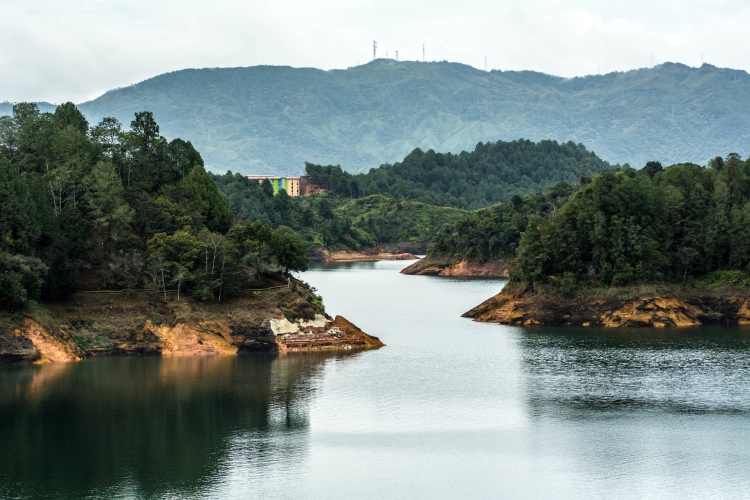The Real Life Narcos

Thousands of innocent people fell victim to murders, kidnappings, and various attacks during Pablo Escobar’s reign as the billionaire kingpin leader of the Medellín Cartel. Throughout its three seasons that have aired thus far, Netflix has been able to portray a small portion of the atrocities that were committed at the hands of Pablo Escobar and his cartel. The show is from the perspective of two American DEA agents, Javier Peña and Steve Murphy. This narrative perspective is problematic: even though Peña and Murphy deal with their fair share of dangerous situations throughout the series, it does not bare witness to the day to day struggles of the Colombian people trying to survive during this time—constantly trying to stay out of the deadly crossfire between the drug cartels.
Colombia is no stranger to political corruption which posed an issue for Narcos as there are several vague or unknown interactions between Escobar, the Medellín cartel, and government officials—namely the nature of Escobar’s death. There are several different stories that surround his death. The Colombian authorities took responsibility for it claiming he was killed in a shootout in Medellín. However, rival cartel members, intelligence officials, and his own family all claim different versions of how he died.
Through its literary license, the series portrays his death as happening during the Medellín shootout on Dec. 2, 1993. Because of the ambiguous nature of how he was killed, this portrayal holds significant influence for the millions of people who watch the show—they most likely are unaware of the different theories that surround his death and accept Netflix’s scene to be the truth.
After Escobar’s death in 1993, there was a significant decline in murders and acts of violence committed throughout Colombia due to the fall of the Medellín cartel. However, there was still a demand for cocaine and the Cali cartel quickly assumed power in the cocaine business. Although Colombia is a much safer country today than it was in the 1980s and 1990s, violence is still inevitable and the presence of cartels is still felt as the cocaine business continues to be a dangerous and lucrative one.
Netflix’s release of the third season of Narcos was met with the suspicious death of Carlos Muños Portal, a Netflix location scout, and suggestive threats from Pablo Escobar’s brother Roberto De Jesus Escobar Gaviria. The New York Times reports that Portal was found shot dead outside Mexico City on September 11, 2017, where he was shooting locations for the show’s fourth season set to take place in Mexico. Following Portal's death, Escobar’s brother suggested to Netflix that they should hire hitmen to protect their employees working on location for the series. He also threatened to sue the streaming service to shut the series down and he is seeking $1 billion in damages for using his brother’s story without explicit consent from the family.







